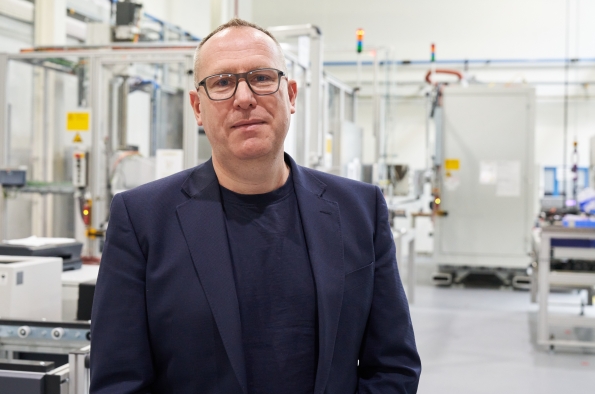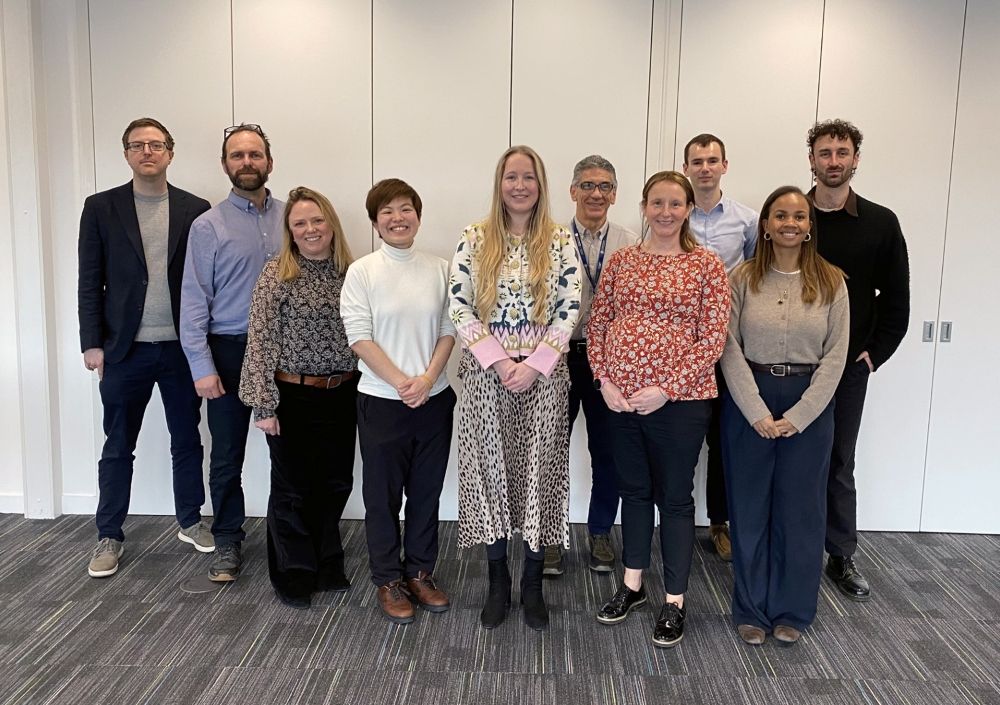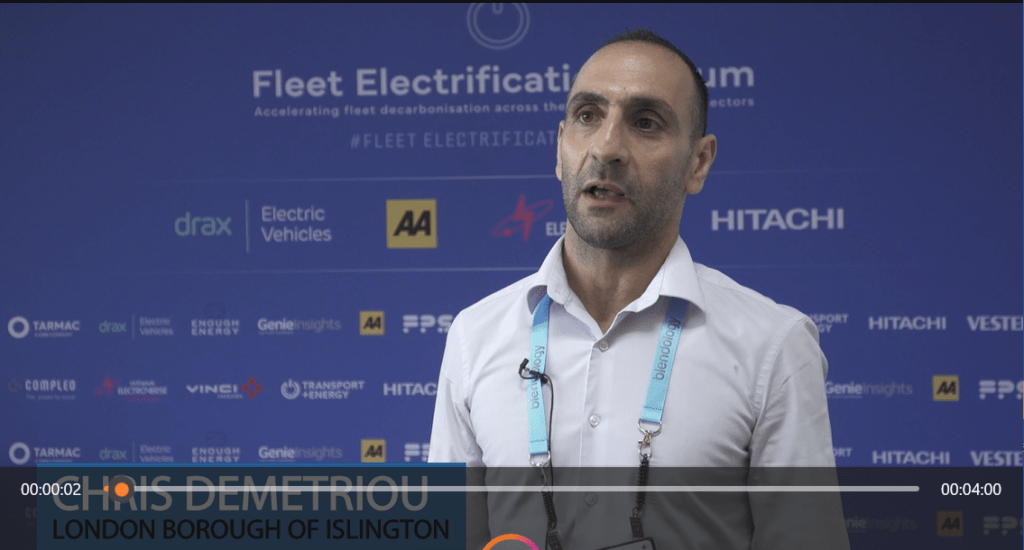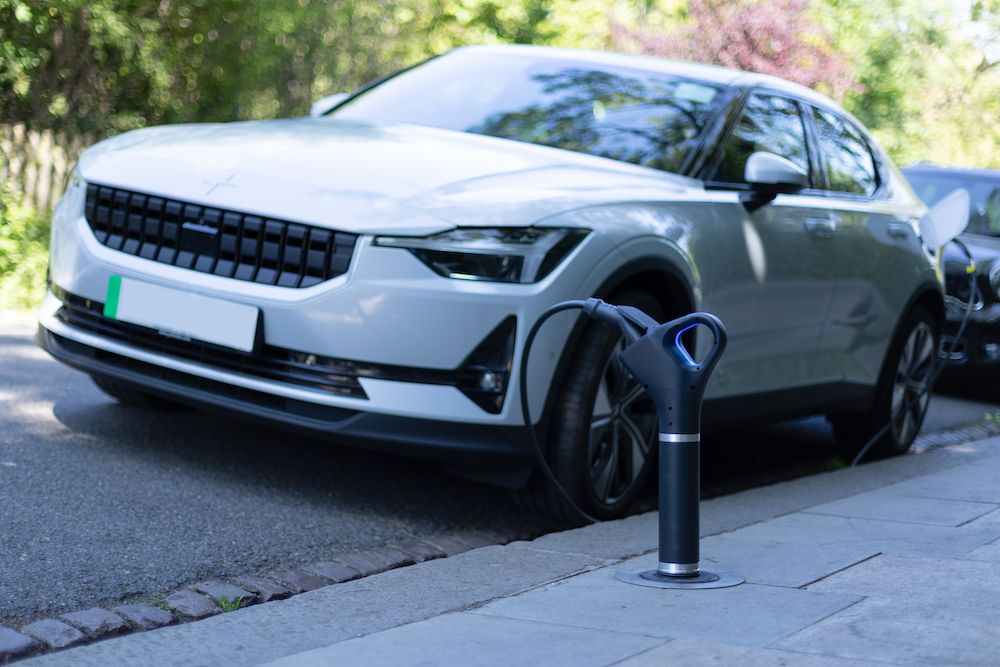The British Ford chair has called on the UK and EU to continue current trading requirements until 2027 to allow for the battery supply chain to develop in Europe.
The news follows concern that introducing EV tariffs could undermine EV production progress, especially at the same time as a UK government zero emission mandate, which prescribes the proportion of EV cars and van sales from 2024.
Through the ZEV mandate, manufacturers will have ZEV sales converted into ‘certificates’, and agreed that 22% of car production must be EV by 2024, 80% by 2030 and towards 100% by 2035. The van trajectory is higher than originally suggested with 10% by 2024, 70% in 2030 and towards 100% by 2035.
Speaking about the situation, British Ford chair, Tim Slatter, said: “Since the UK-EU Trade and Cooperation Agreement was signed in 2020, Ford has invested heavily in electric vehicles across Europe. Ford’s drive to a fully electric future is spearheaded by more than £1.6 billion being invested in passenger vehicles to be built in Cologne, Germany. A further £380 million is growing e-motor capacity at Halewood, Merseyside.
“Today the industry does not have sufficient supply of locally-sourced batteries and components to meet demand. Tightening the trade rules at this point risks undermining the switch to EVs with tariffs and adding pointless cost to customers wanting to go green. Manufacturers who have invested heavily early in the transition will be hardest hit by tariffs because combustion engine vehicles will continue to move tariff-free.
“Ford has long supported the UK government’s zero emission vehicle (ZEV) mandate, prescribing the proportion of EV car and van sales from 2024. Introducing EV tariffs at the same time will undermine the mandate and slow the growing EV trend. Ford is calling for current trade requirements to be extended to 2027, to allow time for the battery supply chain to develop in Europe and to meet EV demand.
“Tariffs will hit both UK- and EU-based manufacturers, so it is vital that the UK and EU come to the table to agree a solution.”
Image of Tim Slatter courtesy of Ford












